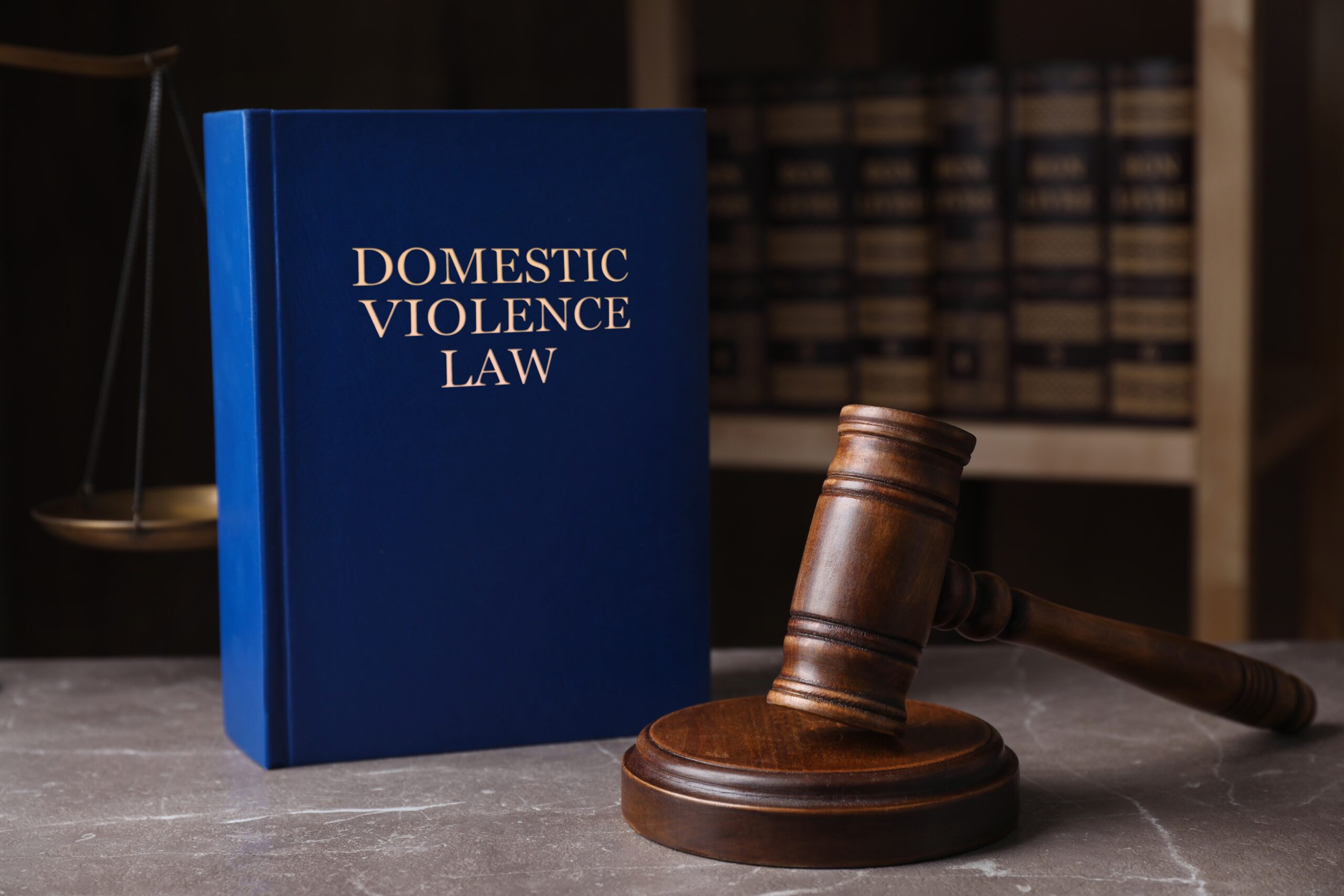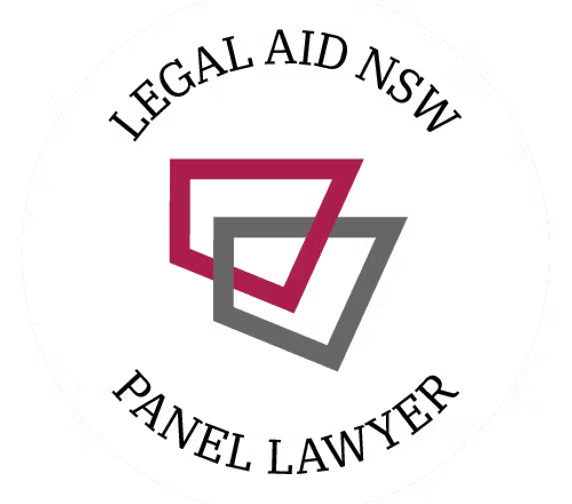In Victoria, non-fatal strangulation has been recognised as a serious criminal offence. While once prosecuted under general assault laws, specific legislation now addresses the unique dangers and risks involved in strangulation cases.
What Is Non-Fatal Strangulation?
Non-fatal strangulation refers to intentionally restricting another person’s breathing or blood flow without causing death. It may involve using hands, arms, or objects around the neck.
This behaviour is often seen in the context of family violence and is considered a red flag for escalating risk of future harm.
Why It Is Treated So Seriously
Research shows that victims of non-fatal strangulation are at a significantly higher risk of later homicide by the same offender. Even when no visible injuries are present, the internal damage can be life-threatening.
Because of these risks, Victoria has introduced tougher penalties and clearer definitions of the offence.
The Law in Victoria
Under the Crimes Act, non-fatal strangulation is a standalone criminal offence carrying significant penalties. It reflects the recognition that this act is more than just an ‘assault’—it is a predictor of potential fatal violence.
Consequences of a Conviction
Being found guilty of non-fatal strangulation can lead to lengthy prison terms, criminal records, and restrictions on contact with victims (such as intervention orders).
Why Legal Advice Is Essential
If you are accused of non-fatal strangulation, the stakes are incredibly high. Specialist legal advice can ensure your rights are protected, evidence is properly challenged, and the case is presented fairly in court.
Contact Us for Expert Help
At EAS Legal, our experienced criminal defence lawyers understand the complexities of non-fatal strangulation cases. We can provide clear advice, strong representation, and a pathway forward.
Call us on 1800 117 533 or visit www.easlegal.com.au for a confidential consultation.
Need to speak with a lawyer?
Our experienced lawyers are here to help you understand your legal rights and options. Contact us for a confidential discussion about your situation.


















